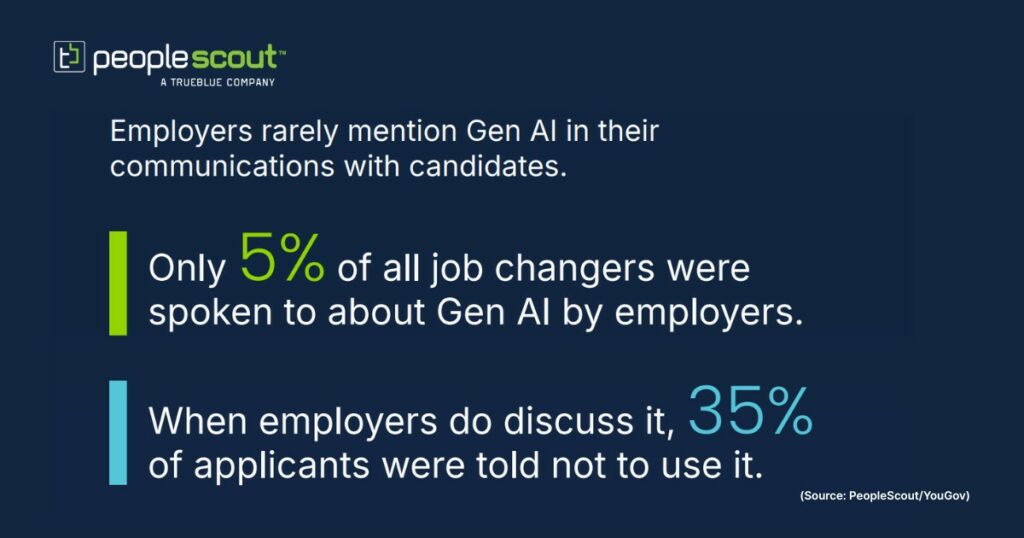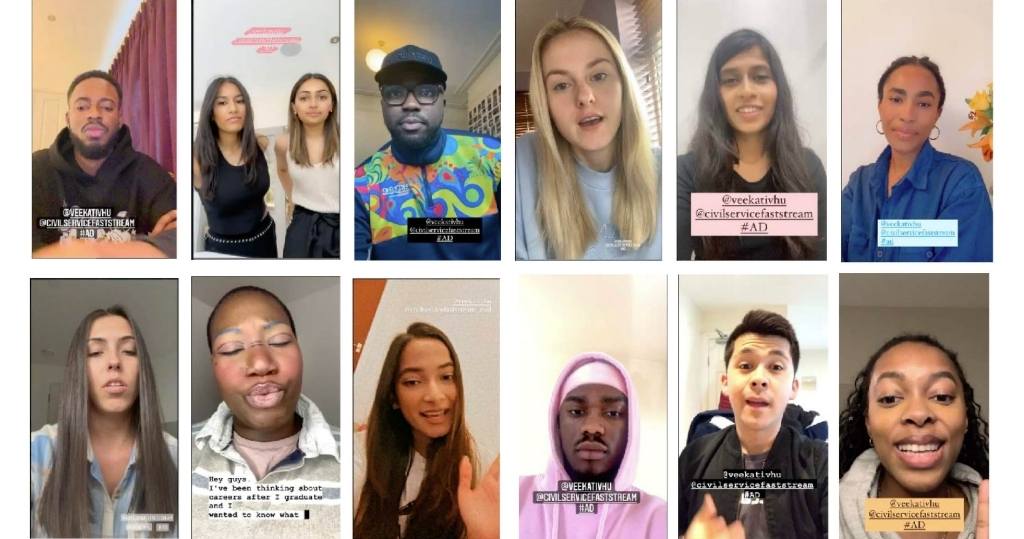Hiring success doesn’t start with a job posting—it starts with connection. While many organizations rely on reactive recruiting to fill open roles, leading employers are taking a longer view by cultivating talent communities: purpose-built networks of potential candidates who are already engaged, informed and aligned with your brand. Think of talent community building as relationship investing. Just as savvy investors build diversified portfolios long before they need returns, smart talent acquisition leaders cultivate relationships with potential candidates years before positions open. The result? Faster time-to-hire, higher-quality candidates, and significantly reduced recruiting costs.
What is a Talent Community?
Building a talent community is the strategic practice of creating and nurturing networks of potential candidates who have expressed interest in your organization, even when no specific roles are available. Unlike traditional recruiting, which often focuses on immediate hiring needs, talent communities are built for long-term workforce success and take time to cultivate by fostering authentic relationships that benefit candidates and employers.
When managed effectively, a talent community can serve as a powerful tool across several dimensions. It helps develop a ready talent pipeline of qualified candidates for future openings, amplifies your employer brand through ongoing engagement and provides valuable market intelligence by offering insight into talent expectations and shifting workforce trends. Perhaps most importantly, it can reduce overall hiring costs by decreasing reliance on external recruiting agencies and paid job advertising.
The Business Case for Proactive Talent Community Building
The advantage of creating talent pipelines isn’t just efficiency—it’s competitive positioning. When your dream candidate becomes available, you want to be the first call they make, not just another recruiter reaching out via LinkedIn.
Consider this scenario: A competitor announces layoffs in your industry. Organizations with established talent communities can immediately activate relationships with affected professionals, while reactive recruiters are still crafting generic outreach messages to strangers.
How to Build a Talent Community
Start with Strategic Talent Mapping
Before building your community, identify which roles and skill sets will be most critical to your future success. This isn’t about current openings—it’s about anticipating where your organization will need talent in the next few years. This future-focused approach helps employers stay ahead of emerging roles—especially those driven by digital transformation, evolving business models or shifting customer demands.
Key Questions for Talent Mapping:
- Which roles are hardest to fill quickly?
- What skills will become more valuable as your industry evolves?
- Where do top performers in these roles typically work?
- What career progression paths lead to your priority positions?
Define Your Community Value Proposition
Top candidates won’t join—and stay in—your talent community unless there’s a clear benefit or specific reason to engage. To build lasting engagement, you need to answer the candidate’s unspoken question: “What’s in it for me?” A compelling employer value proposition should offer tangible resources, exclusive perks and meaningful connections that make your community more than just a holding place for resumes. Consider offering:
Professional Development Resources
Exclusive Access
Make members feel like insiders. Give them early notification of new job opportunities before they go public. Share behind-the-scenes content that showcases your culture and work environment. Executive thought leadership pieces can offer inspiration and insight into your organization’s direction, while beta access to new products or services helps members feel like valued contributors to your brand.
Community Benefits
Create a sense of belonging and two-way engagement by offering opportunities for peer networking through dedicated groups or events, or by facilitating industry-specific forums where members can share ideas, ask questions and offer support. Job referral programs not only encourage participation but can help build advocacy among members. And for former employees, alumni networks provide a continued sense of connection and open the door for future re-engagement.
Drive Engagement with Relevant Content
The content you share plays a pivotal role in attracting and retaining engaged community members. This isn’t about job postings—it’s about becoming a trusted resource for industry insights and career development. Prioritize recruitment marketing content formats that offer real value and keep your audience coming back for more:
- Industry Analysis: In-depth articles and reports that break down market trends, regulatory shifts, and innovations shaping the future of your industry.
- Career Development Guides: Actionable resources such as resume tips, interview prep, and career pathing advice designed to help professionals grow and achieve their goals.
- Employee Spotlights: Authentic, behind-the-scenes stories that showcase your people, culture, and day-to-day experiences—helping humanize your brand and build trust.
- Skills Development Content: Curated tutorials, recommended certifications, and access to online courses or training modules that support upskilling and career advancement.
- Thought Leadership: Executive insights that offer a forward-looking view on industry trends, innovation and business strategy—shared through articles, blog posts, videos, or podcast interviews to elevate your brand’s authority and inspire community members.
But even with compelling content, a community is only as strong as its reach. The next step is getting in front of the right audience.
Tap Into Existing Networks to Accelerate Growth
While building a thriving talent community may feel daunting, you don’t have to start from scratch. One of the most effective ways to scale quickly is by partnering with organizations that already have established relationships with your target talent. This is especially important when you consider that most job seekers are passive candidates. Professional associations, for example, offer ready-made audiences of engaged professionals—consider sponsoring their events or providing educational content tailored to their members. Forming relationships with universities and academic programs can also help build a future talent pipeline, while regular involvement in industry conferences—whether as a contributor or sponsor—positions your organization as an active and engaged thought leader. And don’t underestimate the power of online forums and professional communities. By participating authentically in those spaces, you can engage talent where they’re already spending time and build trust organically.
Your current employees can also play a pivotal role in community building. After all, they’re often the most credible ambassadors of your brand. Empower them with tools and systems that make it easy to extend invitations to qualified peers. Offer referral incentives that reward not only successful hires but also quality talent added to the community. Equip employees with ready-to-share content and social tools, and don’t forget the value of maintaining connections with alumni—who often remain advocates long after they’ve moved on. Alumni referrals typically have a 40% higher retention rate than other hires. Internal advocacy programs can help train and support employees to share your brand story in an authentic, consistent way—amplifying your reach and credibility at the same time.
Create Personalized Experiences at Scale
To keep members engaged over time, your talent community must feel personal—even when it’s built to scale. This requires sophisticated segmentation, tailored content delivery and cultural intelligence. By leveraging data and technology, organizations can meet members where they are.
Start by segmenting your community based on relevant criteria such as career level (from recent graduates to senior leaders), functional expertise, geographic location and engagement history. This allows you to tailor your recruitment marketing content and communication that speaks directly to each audience. For example, a mid-career software engineer in São Paulo should receive different resources than a marketing director in Toronto.
Delivering personalized communication is essential to building meaningful relationships at scale. This can include role-specific content recommendations, invitations to events based on location, and resources aligned with a candidate’s career stage. You can also connect members to interest-based discussion groups to spark peer-to-peer engagement around shared goals.
If your organization operates across borders, go a step further by considering cultural nuances. Adapt your messaging and content to align with local norms and languages. Share professional development resources that are regionally relevant, schedule events at times that work across time zones and ensure compliance with local regulations. Strategic partnerships with local organizations can further boost credibility and relevance, helping your global community feel both connected and localized.
Build Niche Communities Around In-Demand Skills
While broad-based communities help maintain a healthy talent pipeline, specialized sub-communities can be a powerful way to connect with hard-to-find talent. These focused groups foster deeper engagement by offering highly relevant content and peer interaction within a shared area of expertise.
For example, create technical skill groups for software developers, data scientists or cybersecurity professionals, where members can access tailored learning resources and discuss emerging tools and techniques. Similarly, creative professionals—like designers, content creators and marketers—will value inspiration, trend reports and portfolio-sharing opportunities.
Leadership development communities can support high-potential talent with mentoring, executive insights, and career pathing tools. And for highly regulated or industry-specific fields like healthcare or financial services, dedicated sub-groups offer a safe space to explore sector trends and compliance updates with peers who face similar challenges.
By curating these niche communities within your broader talent ecosystem, you demonstrate a deeper understanding of your audience’s needs—and position your brand as a true partner in their professional journey.
Leverage Technology to Power Your Talent Community
A successful talent community strategy is only as strong as the technology supporting it. To personalize engagement at scale, track interactions, and deliver consistent value, organizations need a comprehensive tech stack purpose-built for relationship-building—not just requisition-filling.
Traditional Applicant Tracking Systems (ATS) are designed for transactions, not relationships. A robust candidate relationship management (CRM) system supports long-term relationship building with tools like:
- Community Segmentation: Organize members by skills, interests, location, engagement level or career stage to deliver tailored experiences.
- Automated Nurturing: Use behavioral data and preferences to trigger personalized email journeys, content delivery and event invites.
- Engagement Tracking: Monitor candidate activity—such as content clicks, event attendance or survey responses—to identify top prospects and optimize outreach.
- Integration Capabilities: Seamlessly connect with your ATS, recruitment marketing platforms and broader HR tech stack to ensure data continuity and efficiency.
Building a Smarter Talent Community Strategy for What’s Next
As AI and automation continue to reshape recruitment, the human element remains a critical differentiator. Talent communities offer a powerful combination of technology-enabled scale and meaningful, relationship-driven engagement—bridging the gap between digital efficiency and personal connection.
For many employers, bringing this vision to life requires the right partner—one with the expertise, strategy, and technology to scale personalized engagement effectively. Partnering with an RPO provider like PeopleScout brings both the expertise and infrastructure needed to build and manage high-performing talent communities. Our proprietary total talent technology suite, Affinix®, features AI-powered tools for segmentation, automation, content delivery and engagement tracking.
Organizations that invest in talent community strategies today are positioning themselves for long-term success. While others scramble to fill roles reactively, you’ll be building a pipeline of engaged, qualified talent—ready to step in at the right moment. The question isn’t whether to build a talent community, but whether you can afford not to.














